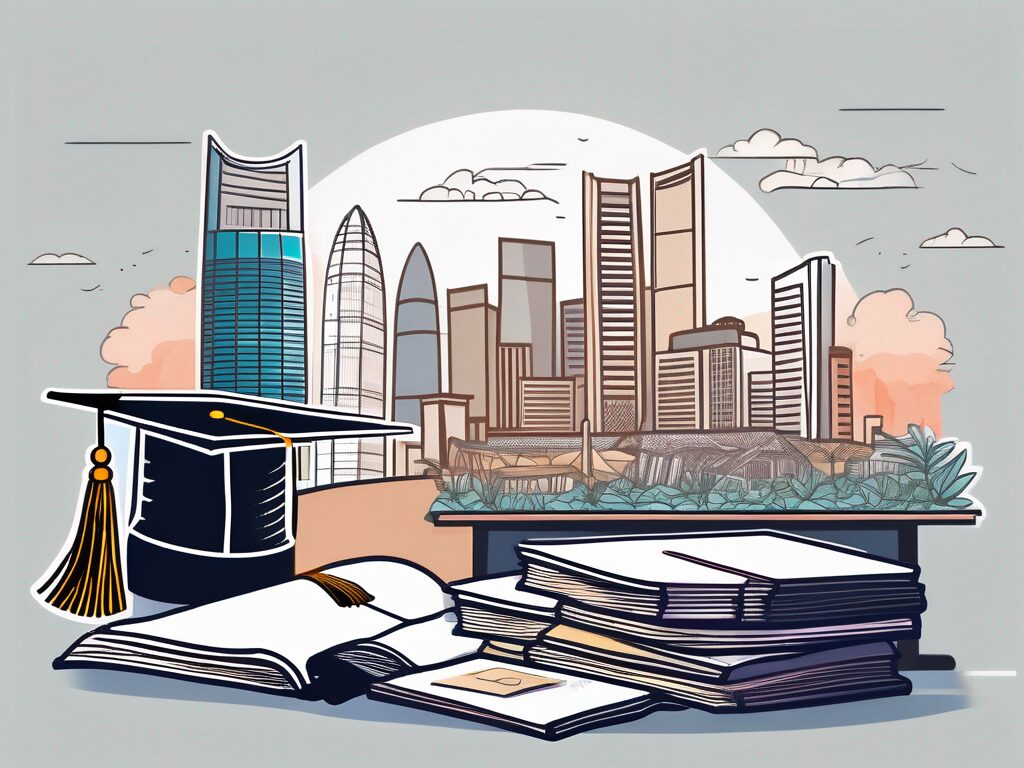Which Country Has the Hardest Education System?
Education systems around the world vary significantly, each with its own set of challenges and rewards. For aspiring international teachers, understanding these differences is crucial for career success. In this article, we will explore which country is often considered to have the hardest education system and what it means for educators looking to teach abroad.
Why is it Important for Aspiring International Teachers?
Understanding the complexities of different education systems is vital for teachers aiming to work internationally. Countries with rigorous education systems often have high academic standards and expectations, which can impact job opportunities and teaching methodologies. For instance, countries like South Korea, Japan, and Singapore are known for their demanding education systems, characterized by long school hours, high-stakes exams, and a strong emphasis on discipline and academic achievement.
Data shows that teachers in these countries often face intense pressure to perform, but they also have the opportunity to work in environments that prioritize education and innovation. This can be a significant advantage in the global job market, where experience in such systems is highly valued.
Key Skills or Qualifications Required
To succeed in countries with challenging education systems, teachers need specific skills and qualifications:
- Strong subject knowledge and expertise
- Adaptability to different teaching styles and curricula
- Excellent classroom management skills
- Ability to handle high-pressure environments
- Proficiency in the local language (if applicable)
Steps to Get Started
For those interested in teaching in countries with rigorous education systems, here are some steps to consider:
- Research the specific requirements and expectations of the country.
- Obtain necessary certifications and qualifications, such as TEFL or a teaching license.
- Gain experience in diverse educational settings to build adaptability.
- Consider enrolling in specialized training programs that focus on international education.
Challenges and How to Overcome Them
Teaching in a country with a hard education system can be challenging. Common issues include cultural differences, language barriers, and high expectations. To overcome these challenges:
- Engage in cultural immersion activities to better understand local customs and values.
- Take language courses to improve communication with students and colleagues.
- Network with other international teachers to share experiences and strategies.
Best Practices and Tips for Success
Here are some best practices for thriving in a challenging education system:
- Stay organized and plan lessons meticulously to meet curriculum standards.
- Build strong relationships with students to foster a positive learning environment.
- Continuously seek professional development opportunities to enhance your skills.
Conclusion
Teaching in a country with a hard education system can be both demanding and rewarding. By understanding the unique challenges and preparing accordingly, aspiring international teachers can turn these challenges into opportunities for growth and success. Embrace the journey and make a significant impact in the world of education.
Want to become a teacher in a Tier 1 international school? Join the course here.

